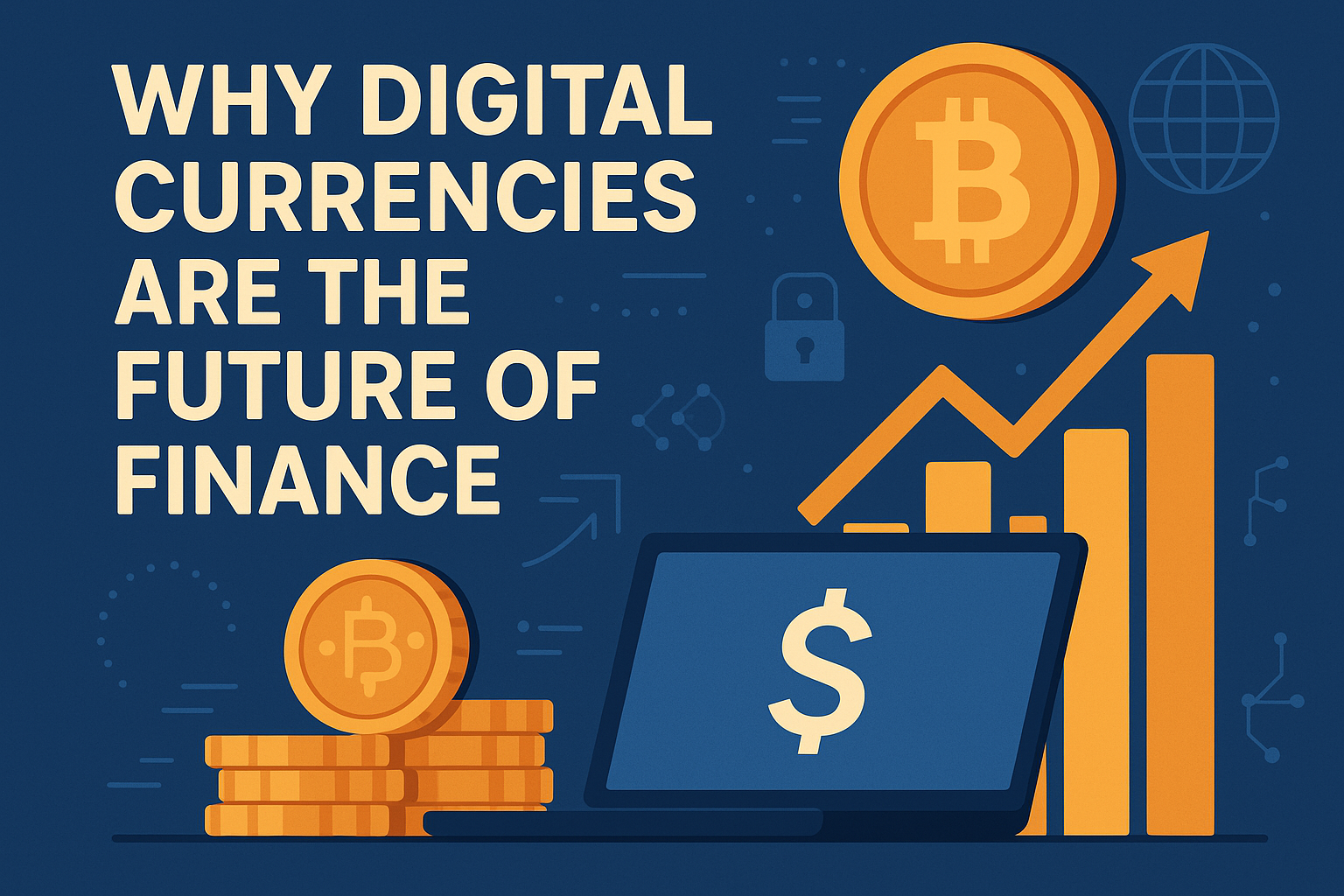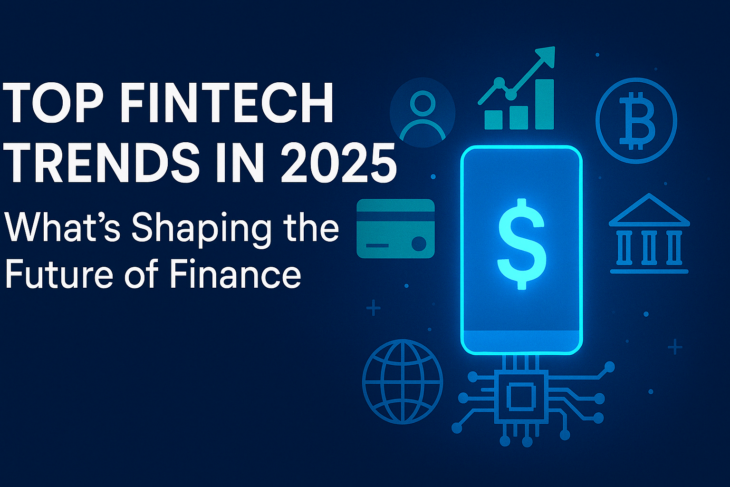Digital currencies, or cryptocurrencies, have taken the world by storm. They’ve created a whole new industry, that’s nothing like we’ve ever seen before. It is a world where your financial transactions are secure, transparent, and fully under your control. And all of it exists in the digital space.
Digital currencies consist of a range of projects, from Bitcoin and Ethereum to central bank digital currencies (CBDCs). And all of them collectively are shifting the financial landscape. Judging by their impact many believe that they are the future. And here’s why they believe so..
1. Faster and Cheaper Transactions
Traditional banking systems are slow. Sending money internationally can take days, with fees that eat into your funds. Digital currencies, on the other hand, enable near-instant transactions at a fraction of the cost. Whether it’s a Bitcoin transfer or a stablecoin payment, speed and affordability are game-changers.
2. Financial Inclusion for Everyone
Over a billion people worldwide lack access to traditional banking. Digital currencies bridge this gap. With just a smartphone and an internet connection, anyone can store, send, and receive money. No paperwork, no middlemen—just direct financial access.
3. Increased Security and Transparency
Blockchain technology, the foundation of digital currencies, is nearly impossible to hack. Every transaction is recorded on a decentralized ledger, making fraud and manipulation incredibly difficult. Unlike traditional banking, where transactions can be hidden or altered, blockchain ensures full transparency and security.
4. The Rise of Decentralization
Banks and governments have long controlled financial systems. Digital currencies shift the power to individuals. With decentralized finance (DeFi), people can lend, borrow, and invest without banks taking a cut. It’s financial freedom like never before.
5. Protection Against Inflation
Fiat currencies lose value over time due to inflation. Many currencies, like Bitcoin, have a fixed supply, preventing devaluation. This makes them attractive for those looking to preserve their wealth in uncertain economic times.
6. The Evolution of Smart Contracts
Digital currencies are more than just money. Smart contracts—self-executing agreements coded into blockchain—allow automatic, trustless transactions. From real estate deals to supply chain management, smart contracts are revolutionizing industries.
7. Government Adoption and Regulation
Initially, governments were skeptical of these currencies. Now, many are creating their own versions, known as central bank digital currencies (CBDCs). China’s digital yuan and Europe’s digital euro are signs that even governments recognize the shift. Regulation is catching up, providing a clearer framework for mainstream adoption.
8. The Rise of Digital Payments
With major companies like Tesla, PayPal, and Visa embracing currencies, mainstream acceptance is accelerating. People can now buy goods, pay for services, and even invest using cryptocurrencies. Digital payments are becoming a norm rather than an exception.
9. The Future of Global Commerce
Imagine a world where businesses don’t have to deal with currency exchange rates, banking fees, or transaction delays. Digital currencies enable seamless global trade, making commerce more efficient and accessible.
10. A Shift Towards Web3
The internet is evolving into Web3—a decentralized, blockchain-powered ecosystem where users have control over their data and finances. Digital currencies are the backbone of this transformation, enabling peer-to-peer interactions without centralized authorities.
Why Digital Currencies Are the Future … Summary
Digital currencies aren’t just a trend. They’re a financial revolution. They offer speed, security, accessibility, and freedom that traditional systems simply can’t match. As more people, businesses, and governments adopt them, the future of money is becoming increasingly digital. Whether you’re an investor, a business owner, or simply someone who wants more control over their finances, they are paving the way for a new era of financial empowerment.
So, are you ready for the future?













